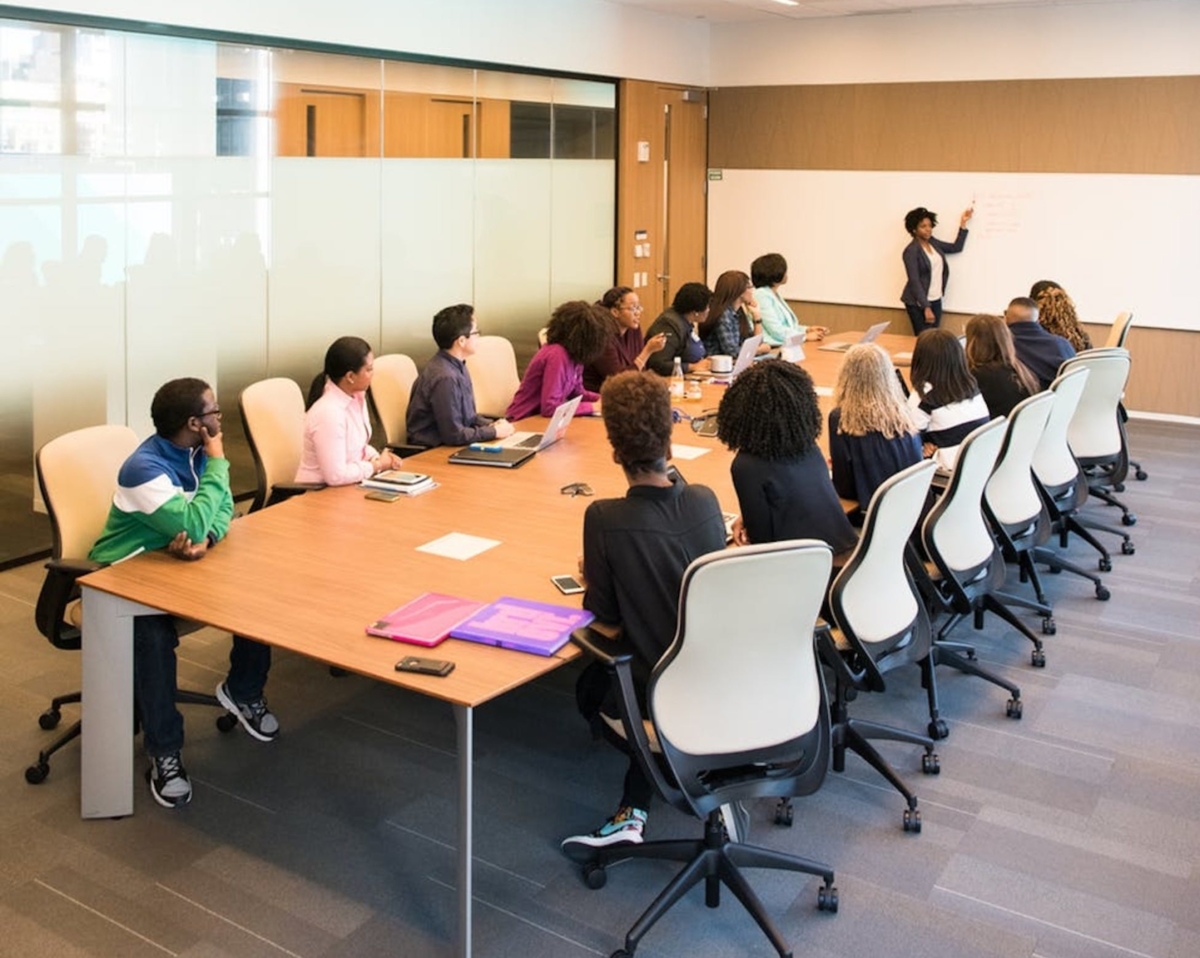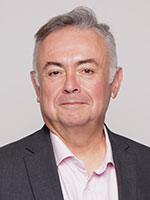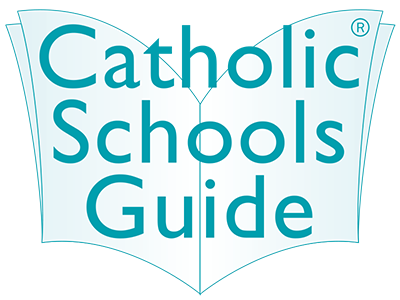News and Media

How can we Prepare our Children for the Future of Work? by Jim Bright
One of the fundamental challenges for humankind is how we respond to change. For John Henry Newman, “to live is to change”. This applies to our work as much as anything else. Work has, is, and always will be changing. It is no surprise that Newman published his thoughts on change in 1845 towards the end of the first industrial revolution. During this time, work was transformed by new technologies, such as mechanisation, through steam and water power. Electricity and internal combustion engines powered the second industrial revolution that followed only decades later yielding an era of mass production and factories. Then came a third revolution with the advent of computers and increasing automation.
We are currently facing the challenge of the fourth industrial revolution, or trendily, ‘Industry 4.0’ or even ‘I4’. This is the age of the robot. Cyber systems will increasingly feature in our working and daily lives. The Cybermen first appeared in Dr Who in 1966, and by 1972, the comedy Sleeper depicted a future with robotic butlers. In 1979, the car manufacturer Fiat ran a 2-minute advertisement for a car showing the production of the vehicle and concluded “The Strada Handbuilt by Robots”. The robots are coming!
Today, automation and cyber technology are all around us. The latest batch of Apple iPads come equipped with augmented reality. This is the technology that overlays relevant information over a scene a camera is recording. It is being used in warehouses to allow staff to locate stock more efficiently. Delivery drivers use it to locate parcels in their trucks and to navigate around the delivery premises. Our homes are filling with intelligent televisions, sound systems, fridges, even the humble light bulb can change to any colour our hearts desire controlled remotely from anywhere in the world. It is a long way from Henry Ford’s ‘I2’ dictum that we can have our Model-T’s in any colour as long as they are black.
The challenge for parents and educators is how we prepare students to work in this new age. Inevitably, the alarmists and doomsayers have been having a field day. It is common to hear the mantra “the robots will eat your job for breakfast”. Not only are such claims unfounded, they are having a damaging impact on young people left feeling insecure and disconnected by this dystopian view.
Genuine experts in this field include Mike Priddis, CEO of Faethm. An ex-partner with Boston Consulting, he has undertaken a major project with the CSIRO on the impact of Artificial Intelligence (AI) and work. He points out that while robot adoption is doubling yearly, there is no clear fact base upon which to predict what is going to happen. It is not simply a case of jobs being destroyed or created by robotics, many will be augmented by robotics and AI. The impact will be most negative on low-skilled work and workers who lack the capability to transfer their skills.
Living in a world of change and complexity means embracing chance and uncertainty as the inevitable concomitants of work. Learning that change is inevitable (except from a vending machine) and learning that uncertainty represents opportunity as much if not more than danger is critical for our students.
Unfortunately, traditional career education is stuck in the ‘I2’ mindset. We should not be preoccupied with trying to lock students into narrowly defined occupational choices or indeed seeking to reduce them to static personality and interest categories in this ‘I4’ world.
We need to engage and inspire students from primary school about the possibilities of work, and highlight the connections between what they are doing right now in their schools and what they might become. This is one reason why I have joined Become.education, who are transforming careers education for young people, making it easier for educators to deliver evidence-based best practice to their students. The company was co-founded by a graduate of ACU’s Career Education program, and delivers programs for students in year 5 onwards.
We need to help all students develop opportunity awareness skills as I describe in the Chaos Theory of Careers (Pryor and Bright, 2011). These are Flexibility, Optimism, Curiosity, Strategy, Persistence, Risk, Self- Efficacy, Luck Readiness.
Students need contemporary career education on an ongoing basis from primary onwards, that develops these attributes so that they can enter a world of work, where they are continually learning new skills, adapting and transferring those skills, spotting new opportunities and being resilient in the face of inevitable set-backs.
Having written all this I am reminded that “it is difficult making predictions, especially about the future”. This apt quote highlights the inherent uncertainty of the future and it is ironic that the source of the quote is also uncertain, having been attributed to a baseball coach, Yogi Berra, but also to the physicist Nils Bohr. The world is changing and uncertain, and career education needs to reflect these realities.
Ref:
Newman, J. H., An Essay on the Development of Christian Doctrine, First Edition 1845, edited and reprinted by Cameron, J. (New York: Sheed and Ward, 1964)
Pryor, R & Bright J. (2011). The Chaos Theory of Careers. A New perspective on working in the 21st Century. New York: Routledge.

Jim Bright is an Organisational Psychologist, Professorial Fellow in Career Education and Development at Australian Catholic University, Visiting Professor of Career Development at the University of Derby, UK and a Director of Become.education. Through Bright and Associates he offers career coaching, medico-legal assessment, speaking and training. For over a decade he has written a column for the Sydney Morning Herald.
He has published 112 books, peer reviewed journal articles, book chapters, reports and tests. Jim has presented invited keynotes recently in the USA, Canada, UK, China, Taiwan, and Australia. He is a regular guest on radio and television, including ABC Radio Sydney Richard Glover.
Jim has a PhD in Psychology (University of Nottingham, UK). He is a Fellow of the Australian Psychological Society, Career Development Association of Australia and National Institute of Counseling Education and Guidance UK, and an Honorary Board Member of the British Columbia Career Development Association.

